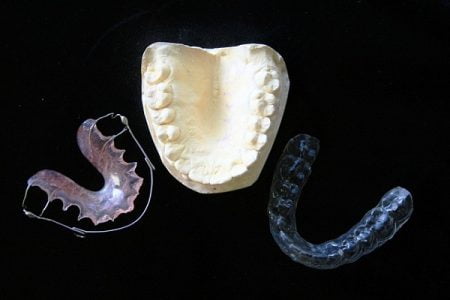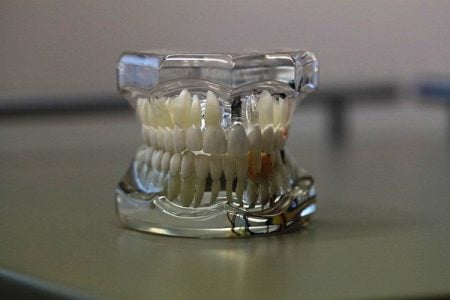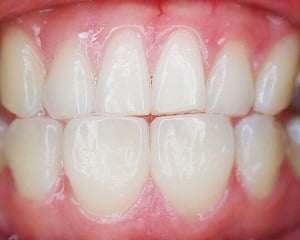Baby Grinding Teeth: What Parents Should Do?
- Updated on: Apr 23, 2021
- 3 min Read
- Published on Apr 23, 2021
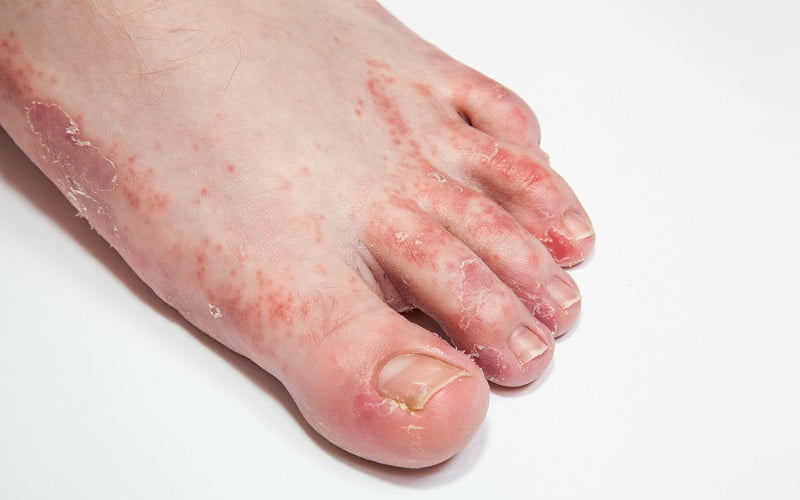
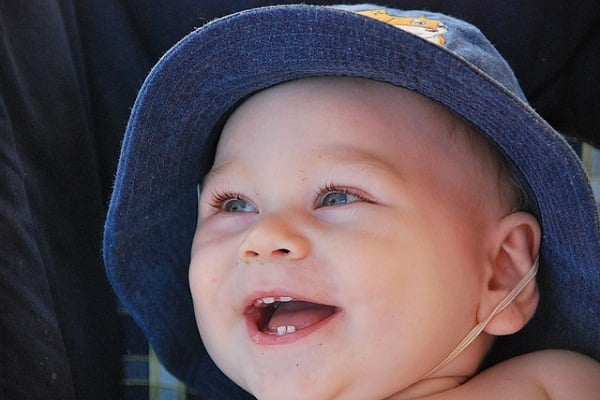
The first year of the life of a baby is quite exciting for moms. Your baby learns a lot of things in the first year. One of these developments is teething in a child. It is a great experience for the baby as well as parents.
Did you ever observe your baby grinding his or her teeth? Is it too frequent? Sometimes, this is not an issue to concern about. But if it happens frequently, your baby might have a condition called bruxism. In bruxism, kids or even adults regularly grind their teeth.
Read about: Bruxism (Teeth Grinding Or Jaw Clinching): Causes, Symptoms, Prevention, Treatment
Common symptoms indicative of baby teeth grinding (Bruxism)
- teeth grinding
- jaw clenching
- damaged teeth
- jaw pain
- soreness
- earache
- headache that starts near temples
Babies and infants cannot tell you about these symptoms and whether something is bothering the baby. Therefore, it can be difficult to know what’s going on in the baby. You have to observe carefully about these signs. Sometimes, grinding sound can be loud enough to hear. But, in most cases, if the sound of grinding is not audible enough, your baby is just fine.
See also: Night Guard (Mouth Guard or Dental Guard) for Teeth Grinding
Why does my baby grind teeth? Is it normal for my baby to grind her teeth?
Often, parents ask this question – Why do babies grind their teeth when they sleep.
Scientists don’t really know for sure what causes teeth grinding in babies (or even in grown up children or adults as well). It is believed, that tension, stress, anxiety, pain, and malocclusion may be responsible for it. Some suggest that breathing problems may play a role in teeth grinding.
One of the reasons your child may be grinding teeth and which is not worrying may be that she is getting used to the sensation of having teeth in her mouth. It is a common condition in babies who are getting their first teeth, beginning at around 6 months of age. It’s also common among children who are starting to get their permanent teeth.
Your baby’s first tooth appears as early as 4-5 months after the birth. Some babies get their first tooth as they complete 8 months. They’ll get more teeth in the rest of the first year. They typically grind teeth during this time.
Babies may grind their teeth in response to pain from teething as teeth starts developing. Bruxism is also quite common in younger children. It can affect adults too, but the causes of teeth grinding are different in adults. In children, teeth grinding usually disappears as they enter teen years. But you should note wait till then, as it may cause a lot of damage to the teeth by the time it goes away on its own. So, consult a doctor when you observe signs of bruxism in your baby or kids.
Can baby teeth grinding cause complications?
Sometimes, babies teeth grinding occurs naturally and is a sign of them exploring during the development of teeth. So, treatment is usually not needed in such cases. Complications at this age are rare.
But sometimes, kids with bruxism can develop certain complications. They should be watched closely for any signs that may be indicative of damage to their teeth. Some complications could be:
- Tooth decay
- Temporomandibular joint disease (TMJ) from clenching the jaw
Home Remedies: What you can do to treat your baby teeth grinding?
Although the baby teeth grinding sound can be quite concerning, you may want to just wait for your child to grow, when she can come out of the habit.
If your child also has some ear problem as a result of teeth grinding, ask your doctor to ease the discomfort.
If you notice your baby is grinding his or her teeth, you can follow these tips at home as natural remedies for teeth grinding of your baby:
- try to offer your baby a teething toy to nibble on. A variety of such toys are available and you can test out to see which works good for your child
- give him homemade teething aids
- you can get a natural rubber teether
- some parents use teething necklaces, but there is a risk of strangulation in small kids. It is better to avoid them.





